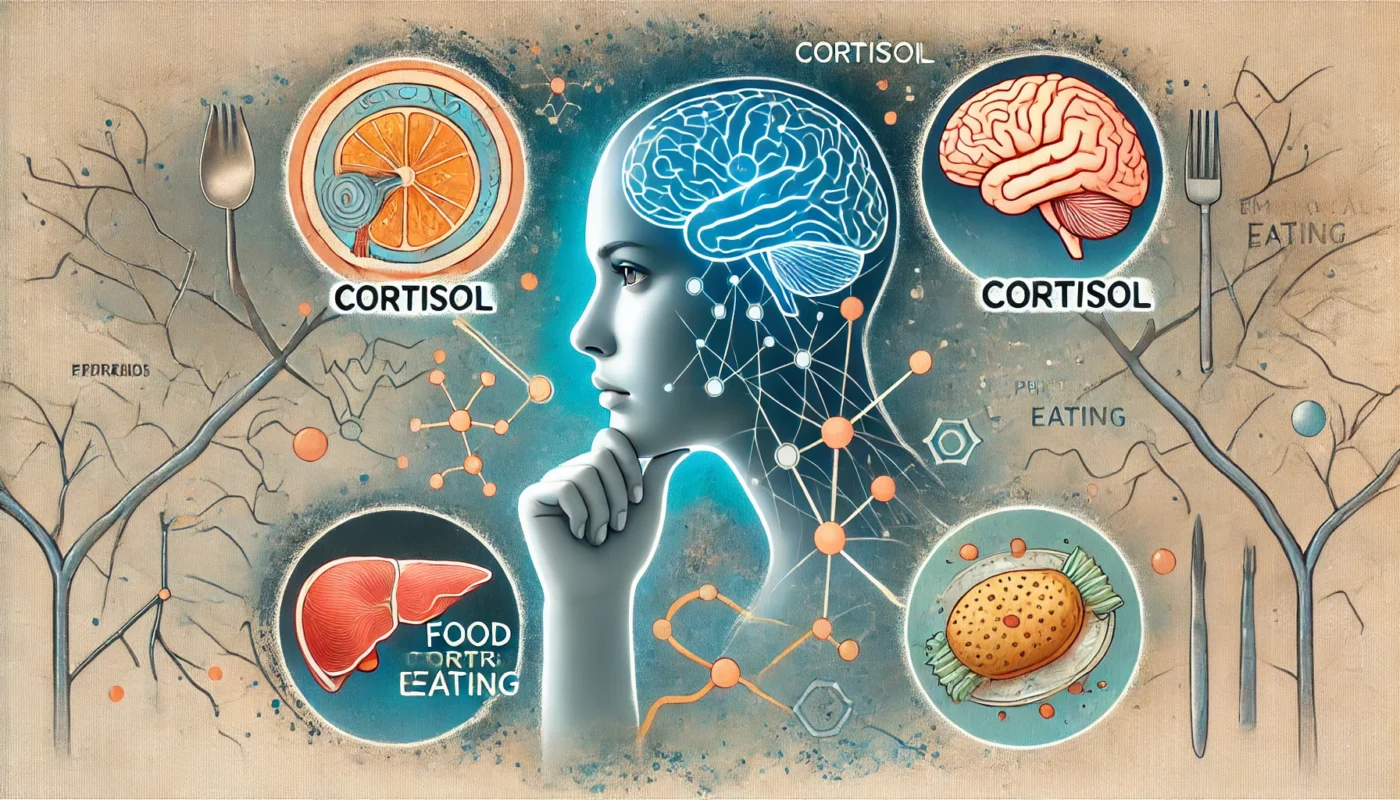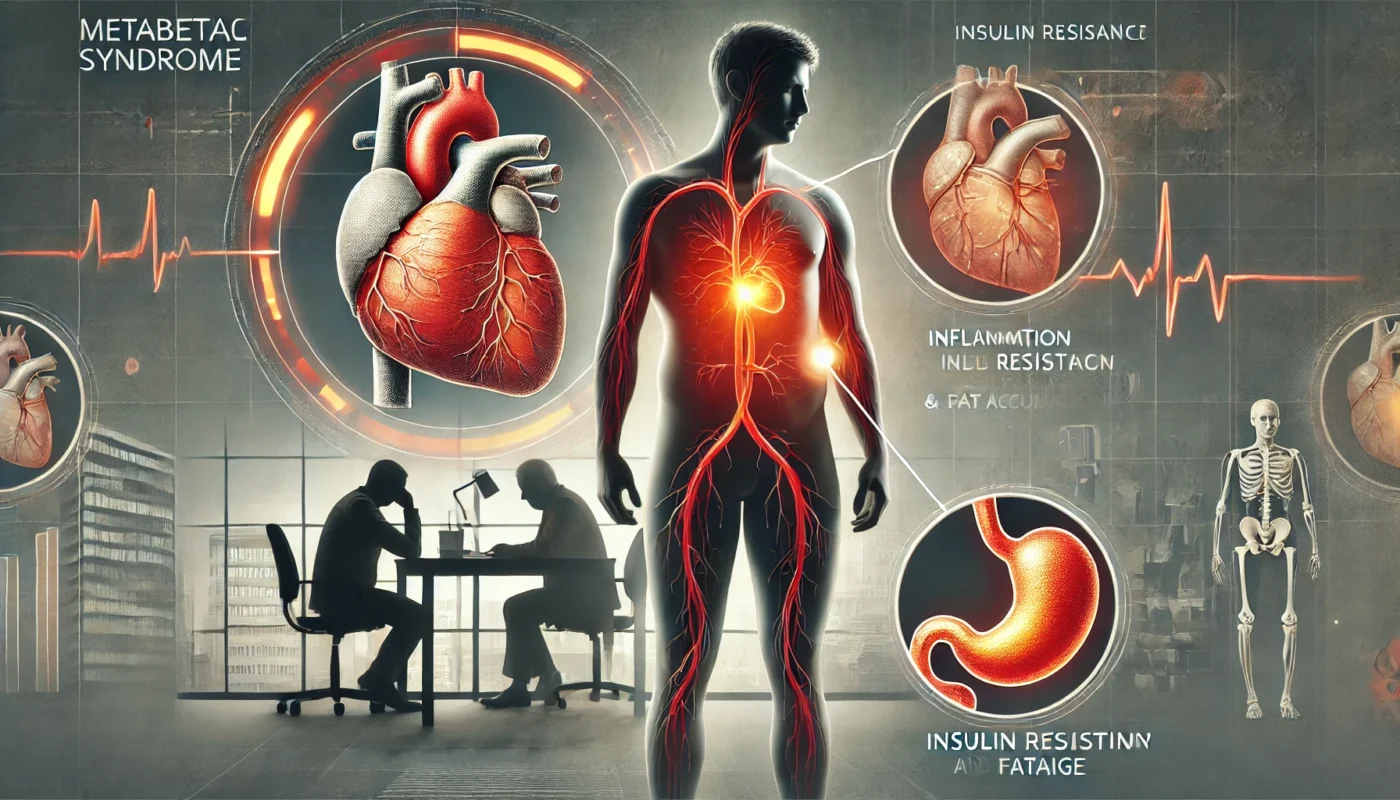Inflammation is the body’s natural response to injury or illness. When you sprain your ankle, for example, your body sends white blood cells to the affected area to protect it, resulting in swelling and redness. This is acute inflammation, and it’s a necessary part of healing. However, when inflammation persists for a prolonged period, it becomes chronic and can lead to various health problems.
Tag Archives: Metabolic Health
Reducing belly fat is a common goal among women striving for a healthier lifestyle and a more toned physique. While spot reduction is largely a myth, incorporating specific exercises into your routine can help you achieve a flatter stomach by burning overall body fat and strengthening the core. In this comprehensive guide, we will delve into effective exercises that target belly fat and explore the scientific principles behind them to help you make informed decisions about your fitness journey.
Lowering A1C levels is not only crucial for individuals diagnosed with diabetes but also for athletes who aim to optimize their performance and overall health. The A1C test provides insights into average blood glucose levels over the past two to three months, offering a comprehensive picture of one’s metabolic health. For athletes, maintaining optimal A1C levels can significantly enhance endurance, recovery, and performance. This article will explore various strategies that athletes can employ to lower A1C, supported by scientific research and practical advice.
In the ever-evolving landscape of fitness and wellness, understanding the intricate relationship between hormones and exercise can revolutionize your approach to workouts. Hormones play a pivotal role in dictating how our bodies respond to physical activity, affecting everything from energy levels to muscle growth and fat loss. By tailoring your workout strategy to optimize hormonal balance, you can enhance performance, boost results, and improve overall well-being.
In the intricate dance of hormones that regulate bodily functions, estrogen plays a pivotal role, particularly in appetite regulation. For those immersed in the world of fitness, health enthusiasts, or individuals managing medical conditions, understanding the interplay between estrogen and appetite can offer valuable insights into managing hunger and achieving health goals. This expanded exploration delves deeper into the mechanisms and practical applications surrounding this vital hormone.
PCOS is often associated with hormonal imbalances, particularly low levels of progesterone and high levels of androgens, which can exacerbate symptoms. Progesterone is crucial for regulating the menstrual cycle and maintaining pregnancy, and its deficiency can lead to anovulation (lack of ovulation) and irregular periods. Therefore, understanding how to increase progesterone in PCOS is a vital aspect of managing the condition.
Inositol, often referred to as a member of the vitamin B complex, is a carbohydrate that occurs naturally in the human body and in various foods. Although it’s not technically a vitamin, due to the body’s ability to synthesize it, inositol plays a crucial role in a myriad of bodily functions, particularly in cell signaling and as a structural basis for secondary messengers.
Hormones play an integral role in regulating various physiological processes, from metabolism to mood regulation. The Hormone Type 2 Diet focuses on balancing specific hormones, such as cortisol, insulin, and estrogen, which can significantly impact your health when they are out of balance.
Metabolic syndrome is a cluster of interconnected conditions that increase the risk of cardiovascular disease, type 2 diabetes, and stroke. It is characterized by central obesity, elevated blood pressure, dyslipidemia, and insulin resistance. According to the World Health Organization (WHO), metabolic syndrome affects approximately 20–25% of adults worldwide, posing a significant public health challenge. This […]
Hypertension, or high blood pressure, affects nearly half of all adults globally and is a major contributor to cardiovascular disease, kidney damage, and stroke. Managing hypertension typically involves a combination of medications, dietary changes, and regular physical activity. Recently, intermittent fasting (IF) has gained popularity as a potential strategy for improving various aspects of metabolic and cardiovascular health, including blood pressure regulation. This article evaluates the effectiveness and safety of intermittent fasting for managing hypertension, explores the mechanisms behind its potential benefits, and provides practical guidance for incorporating IF into a hypertension management plan.










